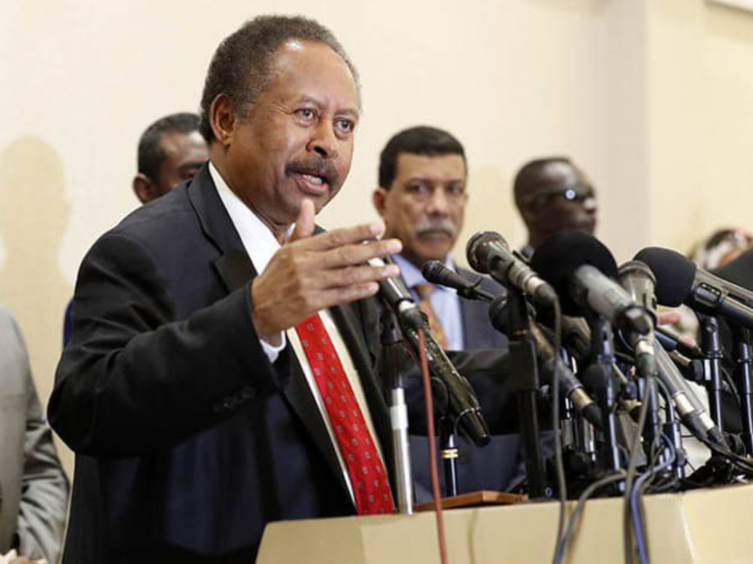
Pressure is mounting on the US to reconsider sanctions on Sudan, where the former president was driven from office in April.
Sudan was put on the state sponsors of terrorism list in 1993 amid allegations that it was providing support and shelter for terrorists, including Osama bin Laden. The US carried out bombing raids on the North African state in the late 1990s, targeting pharmaceutical facilities amid accusations that factories were processing a nerve agent, with alleged links to al Qaeda.
Sanctions have taken their toll on Sudan, including on the country’s energy sector. Production has been declining from oilfields and the government has taken to using domestically produced oil to meet domestic demand. ONGC Videsh complained in May that Khartoum owed the company around $400 million for not paying for this crude.
Sudanese Prime Minister Abdalla Hamdok visited Washington last week to hold talks on restoring a relationship with the US.
The US Department of State welcomed Hamdok and noted the two countries had decided to exchange ambassadors, for the first time in 23 years. A statement from the US department noted Hamdok’s “commitment to peace negotiations with armed opposition groups, [he has] established a commission of inquiry to investigate violence against protestors, and committed to holding democratic elections at the end of the 39-month transition period”.
A statement from The Sentry and Enough, which led US sanctions against Sudan, have called for an acceleration in the process of removing it from the terrorism list. The two NGOs said the civilian government has taken steps to “protect basic human rights, fight corruption, and curb the influence and activities of radical groups that are ideologically aligned with international terrorist organisations”. The importance of supporting the reform process under the new prime minister “outweighs the potential risks of removing this designation prematurely”.
Enough’s senior advisor Suliman Baldo said this alone would not be enough for Sudan in order to attract investment. The country also needs to enforce contracting laws and bring greater transparency to the banking sector.
Human rights violations reportedly continue to occur in Darfur. The Rapid Support Force (RSF), which became well known for its attacks in the areas, continues to operate with impunity, in apparent co-ordination with Janjaweed pastoralists. The RSF’s commander General Mohammed Hamadan Dagalo – widely known as Hemeti – sits on the 11-person Sovereign Council, which will hold power for 39 months.
As Sudan is moving back towards the US, South Sudan appears to be moving in the other direction. While a peace accord in South Sudan is holding, although under strain, the country is increasingly facing diplomatic pressure. The two factions were supposed to have created a unity government by mid-November, but this has been pushed back until early 2020.
The US’ Office of Foreign Assets Control (OFAC) named five individuals from South Sudan on December 10 for involvement in extrajudicial killings. A politician and a human rights lawyer appear to have been abducted from Nairobi in January 2017, brought back to Juba and killed, apparently on the orders of the South Sudanese government.
